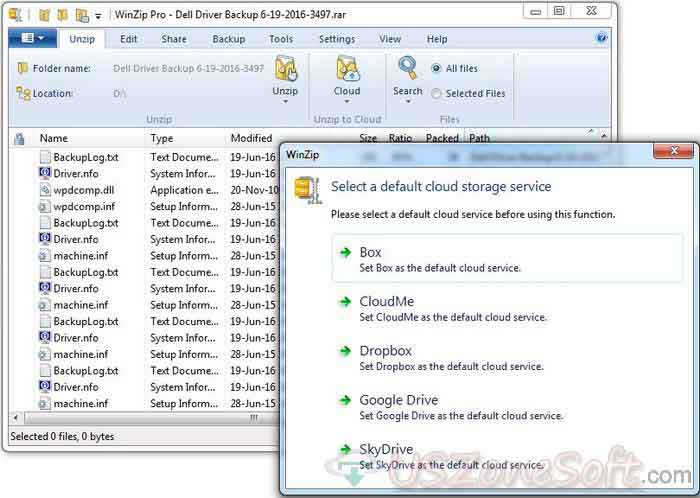

Best to have a habit of using -d or -decompress instead of unxz as well. Over the years your Mac will become older and will not support the newest Keka. TAR GZIP BZIP2 XZ LZIP DMG ISO BROTLI ZSTD LRZIP AAR WIM And extract all of these formats: 7Z ZIP ZIPX RAR TAR GZIP BZIP2 XZ LZIP DMG ISO. The docs recommend this in case you are using this for scripting. You do not even need to open Keka to compress a file, keep it in your dock and use it from there. Note: unlike Rafael's answer, use xz -dc instead of catxz. tar -xJf node-v18.7.0-linux-圆4.tar.xz (file extracts) Just dont specify a format and let tar detect the compression automatically: tar -xf node-v18.7.0-linux-圆4.tar. To echo Rafael van Horn, to uncompress & untar (see note below): xz -dc | tar x Answering my own question to help others: tar (at least GNU tar) already handles this compression format, you can either: Use -J to tell tar to expect XZ.

z to manually set xz to zip, though it defaults to zipping if not otherwise directed. tar -I pbzip2 -cf 2 pathstoarchive tar -use-compress-programpigz -cf pathstoarchive Archiver must accept -d. unp Here is a little summary from its man-page: unp is a small script with only one goal: Extract as many archives as possible, of any kind and from any path to the current directory, pre serving the subdirectory structure where needed. You can also completely drop the progress bar and just let pv tell you how many bytes it has seen it would report a done that much and that fast. So, the first step is to calculate the size (in kbyte). I often use -k to -keep the original file and -9 for really heavy compression. Use pv.To report the progress correctly, pv needs to know how many bytes you are throwing at it. Where -4e is, use your own compression options. > directs the tarred and compressed file to.xz -4e calls xz with the -4e compression option.f reads from a directory (best to put this second because -cf != -fc).
#Tar xz unzip mac archive#
c creates a new archive for the specified files.Tar cf - filename | xz -4e > īecause I liked Wojciech Adam Koszek's format, but not information: If you want to use compression options for xz, or if you are using tar on MacOS, you probably want to avoid the tar -cJf syntax.Īccording to man xz, the way to do this is:


 0 kommentar(er)
0 kommentar(er)
